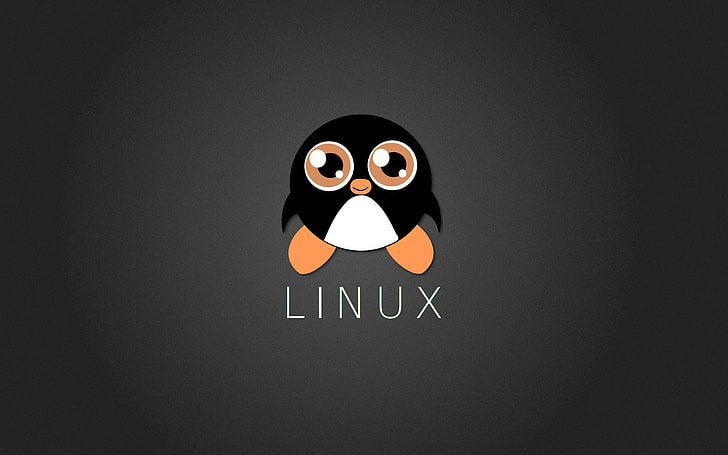In the vast landscape of operating systems, Linux stands out as a beacon of open-source freedom and flexibility. Its roots trace back to the early days of computing, evolving into a diverse ecosystem powering everything from servers and embedded systems to supercomputers and smartphones. Yet, despite its undeniable strengths, Linux remains a niche choice for desktop users. Why? Because Linux is not for everyone.
Let’s delve into the complexities and challenges that come with using Linux as a desktop operating system, and explore why it may not be the right fit for everyone.
The Learning Curve
One of the first hurdles aspiring Linux users encounter is the learning curve. Unlike mainstream operating systems like Windows or macOS, Linux distributions (distros) often require a deeper understanding of system architecture and command-line interfaces. Tasks that are straightforward in other OSes, such as installing software or configuring hardware, may require manual intervention or command-line wizardry in Linux.
Hardware Compatibility
While Linux boasts excellent compatibility with a wide range of hardware, it’s not immune to compatibility issues. Graphics drivers, Wi-Fi adapters, printers, and other peripherals may not always work out of the box on Linux. Navigating through driver installations and troubleshooting hardware issues can be daunting for users accustomed to plug-and-play simplicity.
Software Availability
Another consideration is software availability. While Linux offers a plethora of open-source alternatives to popular proprietary software, such as LibreOffice instead of Microsoft Office and GIMP instead of Adobe Photoshop, the availability of certain niche or industry-specific software on Linux may be limited. Compatibility issues can arise when trying to run Windows-specific applications through compatibility layers like Wine or virtualization software like VirtualBox.
Limited Support
Compared to commercial operating systems, Linux often lacks comprehensive customer support. While there’s a vibrant community of users and developers eager to help, troubleshooting issues on forums or through online documentation may not always yield immediate solutions. This can be frustrating for users accustomed to dedicated customer support channels offered by proprietary OS vendors.
Constant Evolution
Linux is in a constant state of evolution, with frequent updates and new releases from various distributions. While this ensures that Linux remains cutting-edge and secure, it also means that users need to stay abreast of changes and updates. This can be overwhelming for casual users who prefer a more stable and predictable computing environment.
Why Linux Isn’t for Everyone
Given these challenges, it’s evident that Linux isn’t for everyone. Casual users who prioritize ease of use, seamless hardware compatibility, and access to a vast ecosystem of commercial software may find Linux too intimidating or inconvenient. However, for those who are willing to invest time in learning, tinkering, and embracing the ethos of open-source software, Linux offers unparalleled freedom, customization, and control over their computing experience.
Are You the Chosen One?
If you’re undeterred by the challenges and intrigued by the idea of joining the ranks of Linux users, you might just be the chosen one. The Linux community welcomes newcomers with open arms, offering resources, forums, and tutorials to help you embark on your journey. Whether you’re a hobbyist, a developer, or a power user seeking to unlock the full potential of your computer, Linux invites you to explore a world of endless possibilities.
In conclusion, Linux is not for everyone, but for those who dare to venture beyond the confines of mainstream computing, it offers a path to enlightenment and empowerment. So, are you ready to embrace the penguin and become a part of the Linux revolution? The choice is yours.

